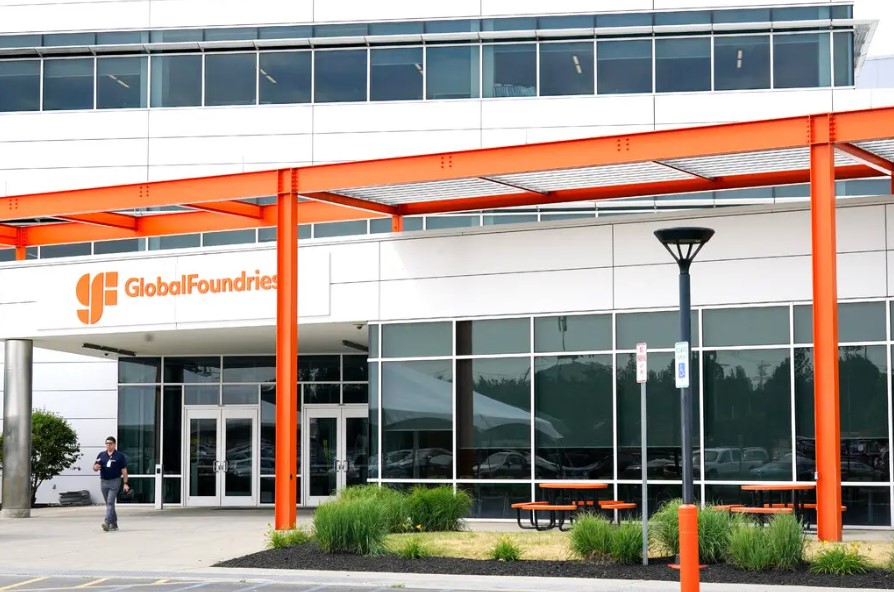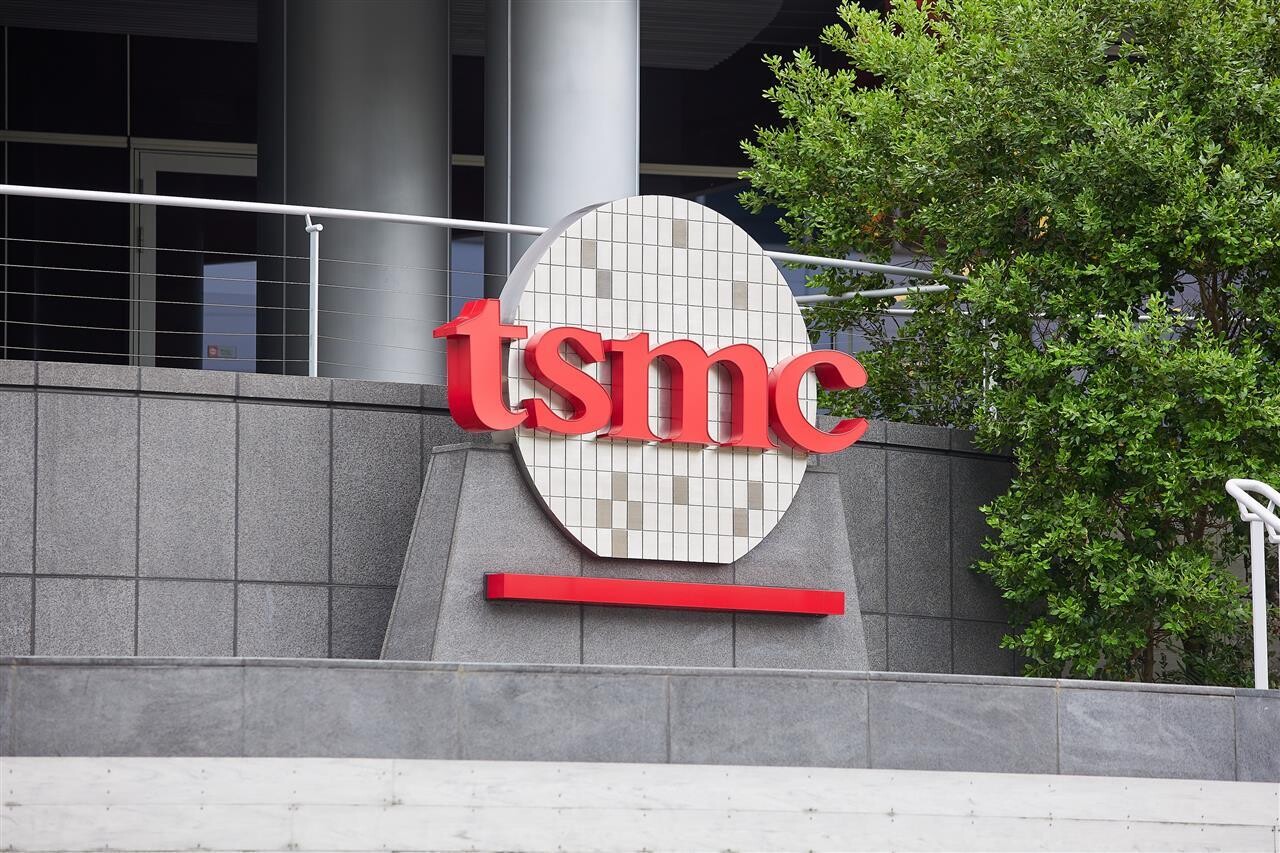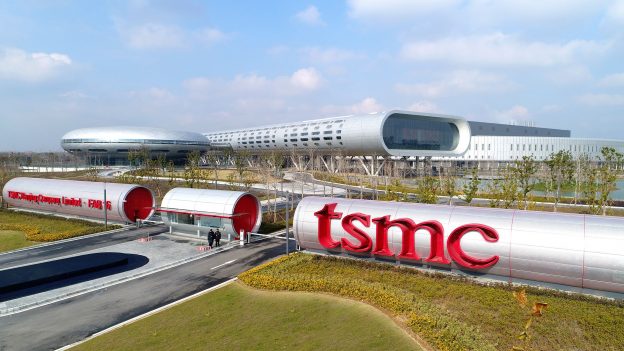TSMC’s Arizona branch is in line to get as much as $6.6 billion from the U.S. government. This comes after a preliminary agreement announced by the Biden administration on Monday.
The money, part of the U.S. CHIPS and Science Act, will help Taiwan Semiconductor Manufacturing Co. invest over $65 billion in three state-of-the-art factories in Phoenix.
This non-binding deal also makes the Taiwanese semiconductor giant eligible for about $5 billion in loans under the CHIPS Act.

At a press briefing, U.S. Secretary of Commerce Gina Raimondo called this agreement “huge.”
She emphasized that teaming up with TSMC will bring the manufacturing of the world’s most advanced chips to American soil.
Raimondo mentioned that some of the funds, including $50 million, will go towards training and developing local talent in Arizona.
TSMC Arizona has already generated over 25,000 jobs and attracted 14 semiconductor suppliers to the state.

The CHIPS Act passed in August 2022, is a nearly $53 billion plan to strengthen the U.S. semiconductor industry.
It aims to bolster the country’s economy and enhance its competitiveness, especially against rivals like China, for national security reasons.
The law offers large incentives to encourage companies to manufacture chips in the U.S.
However, there’s a condition: they can’t expand certain semiconductor operations in countries like China, which are considered a national security risk.
On Monday, Raimondo praised TSMC’s decision to invest in Arizona, calling it the biggest foreign investment the state has ever seen.

She sees it as a sign of strong leadership in chip technology from both the Biden administration and the U.S. Congress.
TSMC is the top player globally in making semiconductor chips and produces most of the world’s cutting-edge logic chips.
These chips are crucial for emerging technologies like artificial intelligence. The Arizona factories are expected to supply chips to big companies like Apple and Advanced Micro Devices.
Other companies benefiting from the CHIPS Act include GlobalFoundries, Microchip, BAE Systems, and Intel. Intel, for example, recently received up to $8.5 billion in indirect funding and could get up to $11 billion in loans.


